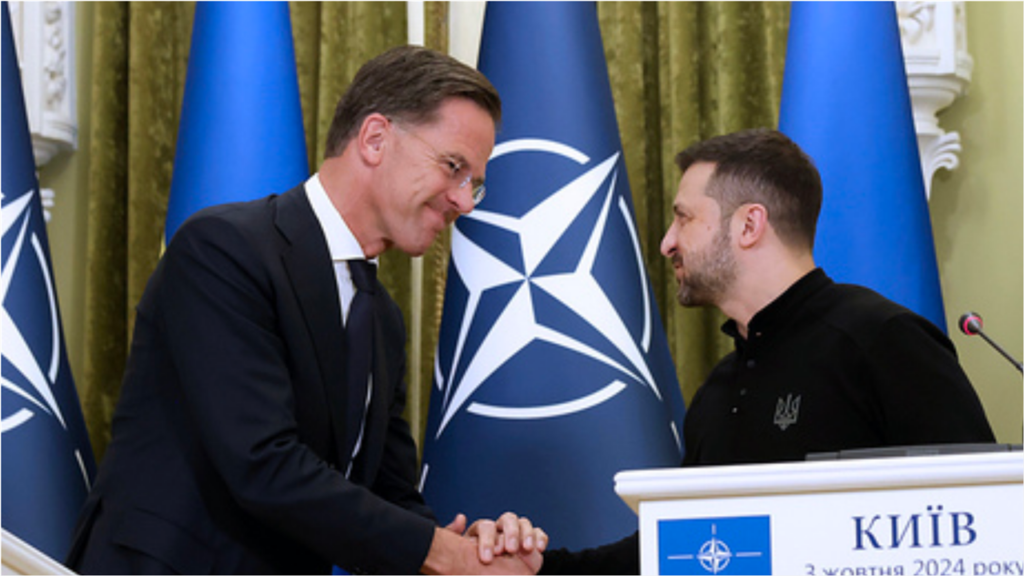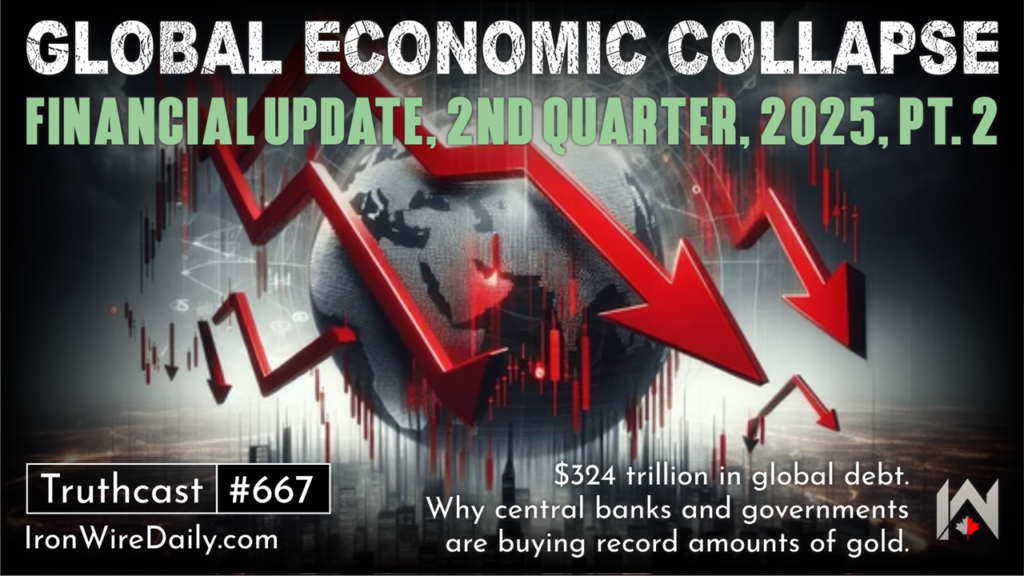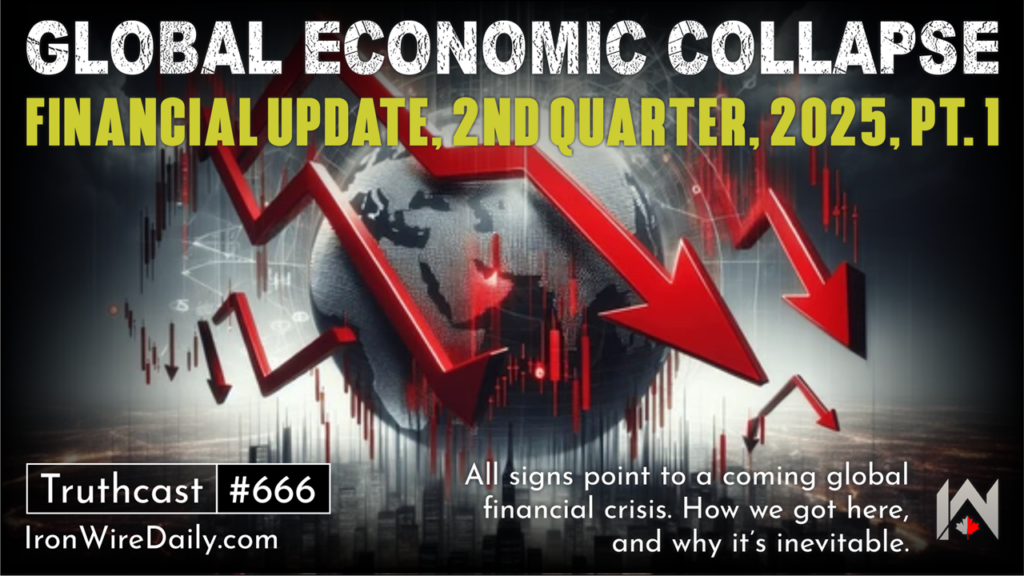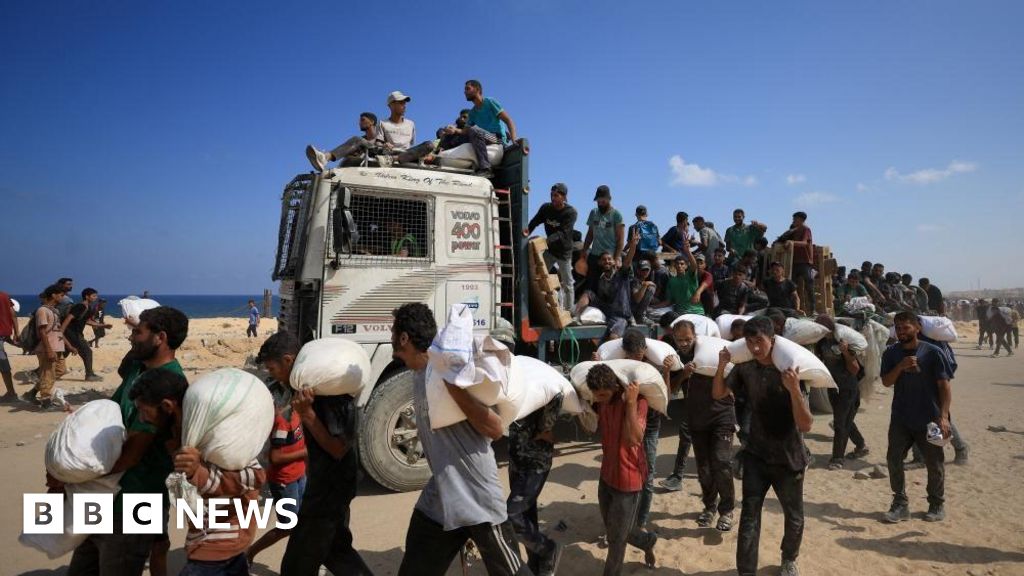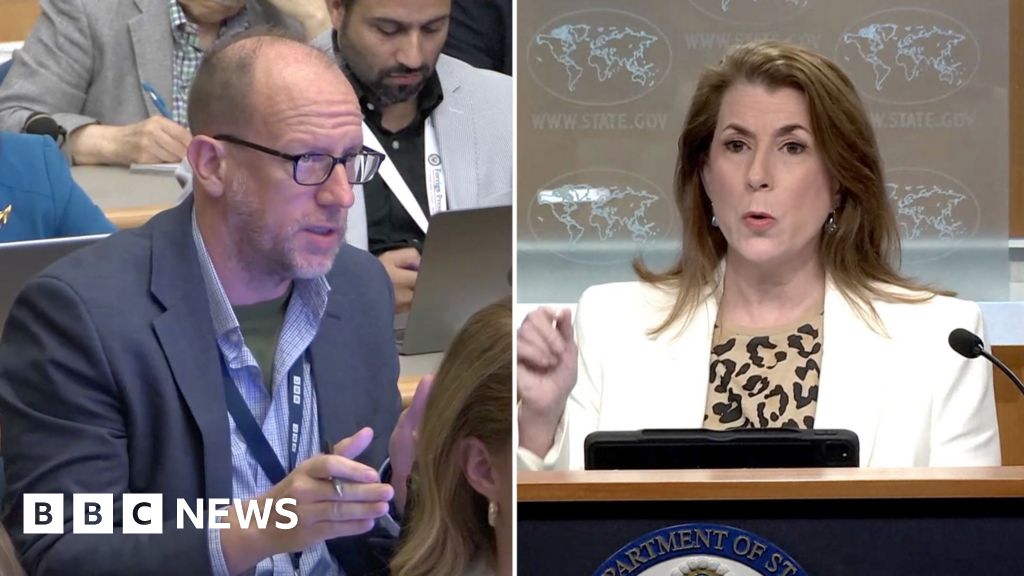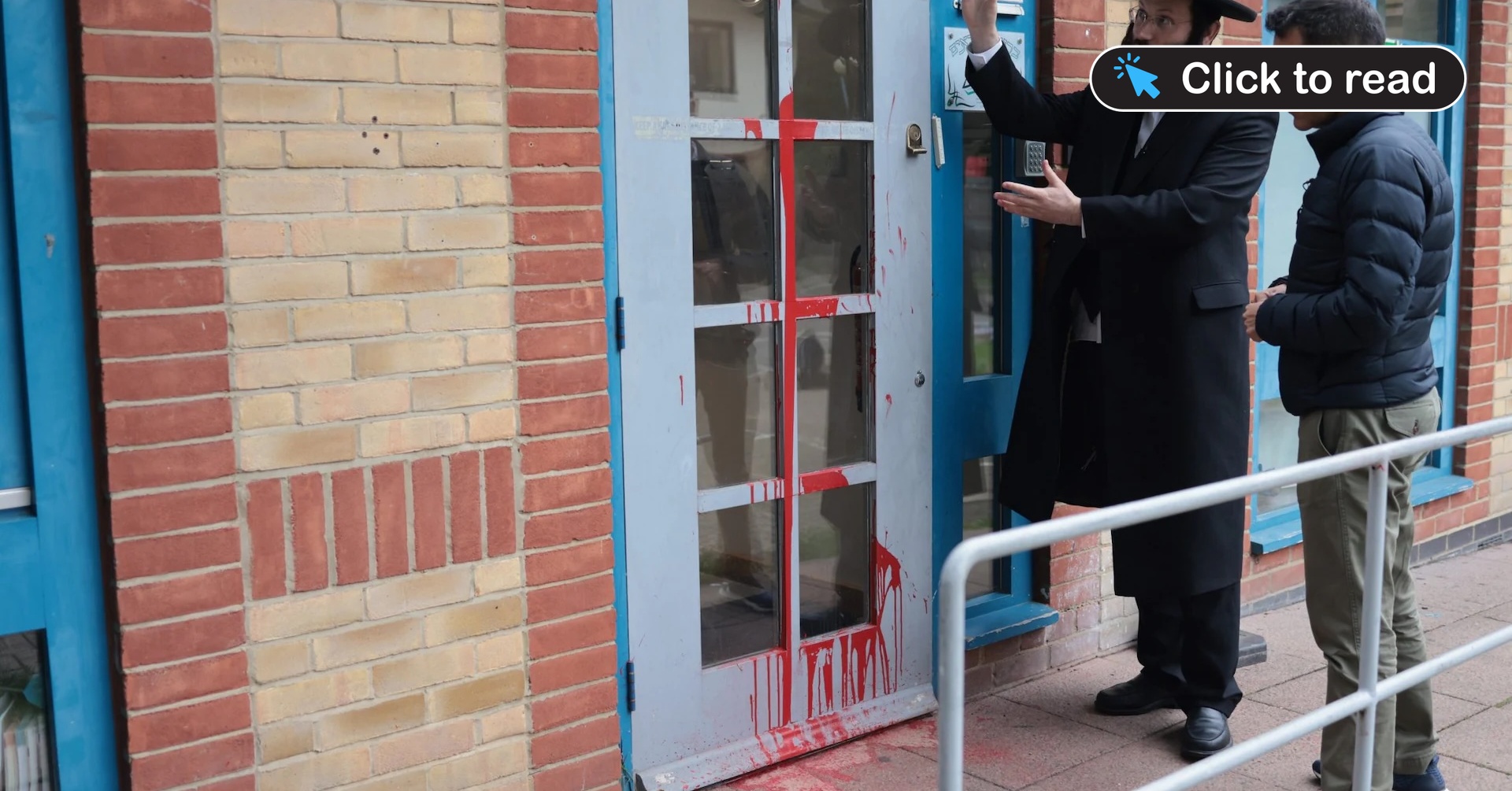Iraq Strikes, Stocks Soar, Aid Slashed, Trump Tensions: What You Missed – The Expose

Iraq Strikes, Stocks Soar, Aid Slashed, Trump Tensions: What You Missed
Airstrikes in Iraq, Trump-Epstein updates, and all-time highs in the stock market. This week’s developments offer more than just political updates. Hidden in the headlines are stories continuing to hint at tactical timing, and various key developments that could have real impacts on your day to day life. Here’s a breakdown of what’s happened in the last few days, including a couple that you might have missed.
Let’s not lose touch…Your Government and Big Tech are actively trying to censor the information reported by The Exposé to serve their own needs. Subscribe now to make sure you receive the latest uncensored news in your inbox…
Trump & Epstein: The MAGA Divide?
This week, we’ve seen a reversal in the position of President Trump’s legal team, publicly calling for the release of grand jury documents in the long-running Jeffrey Epstein case. This happened just days after court filings revealed dozens of sealed documents related to Epstein’s network, which brought the story back to the limelight, and reignited questions about who knew what.
President Trump’s call to release everything came as a bold move to clear the air to some analysts, with others noting the timing appeared politically convenient. However, the move looks to have created internal fractures in the MAGA coalition, with some conservative commentators publicly questioning why Trump’s team ever tried to suppress the files in the first place. Independent media has drawn attention to broader implications, suggesting that bringing the Epstein case back to the surface may be being weaponised in a battle to manipulate public opinion and break legislative gridlock.
Early results of the story’s reemergence seems to be a delay in federal funding decisions, a partial erosion of trust between political bases and leadership, and potential impacts on public access to classified historical materials.
Iraqi-Kurdistan Oilfields Hit in Drone Strikes
On Wednesday 16 July, drones knocked out oil production in Tawke and Peshkabour fields in Kurdistan, Iraq’s northern semi-autonomous region. The original strikes removed 140,000 barrels per day from circulation, which is about 0.15% of global production. Later in the week, facilities in Sarsang and Khurmala were also struck, increasing the total loss to 200,000 barrels per day.
This further heightens recent tensions in the middle east, and could add momentum to potential oil price hikes. Brent crude rose 1.3% in response to the news, with experts warning that prolonged disruption could raise global prices more noticeable in August. In the short term, we may see higher petrol, transport, and shipping costs, and broader inflationary pressure remains a possibility.
In addition to the oilfields disruption, military bases, airports, and a camp for domestic refugees have also been targeted by “foreign-made drones” this month. “The recent attacks on oil installations and fields, along with attempts to target military bases and camps, are considered sinful and dangerous acts that undermine all efforts towards Iraq’s stability, reconstruction, and development campaigns,” Iraq’s Security Media Cell said in a post on X
Nobody has claimed responsibility for the attacks yet, but the Kurdish Regional Government has blamed Iran-backed groups. Reports have now emerged that all drones used in the various attacks were of the same type, indicating that a single actor was behind the entire campaign, according to Iraqi army spokesperson Sabah Al-Naaman. He also confirmed they were made from outside Iraq, but launched from locations within Iraqi territory, labelling these discoveries as “decisive findings”.
Tariff Friction Continues, Deadline Looms
Ahead of the 1 August deadline for sweeping duties to take effect, Trump is now pushing for higher blanket tariffs (15-20%) on imports from the E.U. A senior EU diplomat said “we don’t want a trade war, but we don’t know if the U.S. will leave us a choice”.
President Trump confirmed earlier this week that he will send letters to over 150 smaller U.S. trade partners, having already sent 20 to other trade partners which set baseline tariff levels at 20% to 40%. Canada saw a 35% tariff announced last week, and said that Mexico and the E.U. could see 30%. Critics say that these late changes are upending months of careful negotiations.
India and Vietnam, two key trading partners for the U.S., are expecting the final numbers to be much more favourable than originally reported. The U.S. and India are reported to be working towards a deal that would keep import tariffs to the U.S. lower than 20%, with Vietnam’s deal also “pretty well set” at 20%.
Finally, Beijing appears cautiously optimistic following talks this week, with China’s Commerce Minister Wang Wentao stating they have been productive enough to avoid reigniting a tariff war. Chip imports from the U.S., from companies Nvidia and AMD, have resumed this week following long delays and negotiations, and it has been determined that “forced decoupling” is impractical. Wang confirms China does not seek a trade war, but is prepared to respond if necessary.
U.S. Cuts Foreign Aid, Humanitarian Alarms Sound
The House of Representatives has passed a bill cutting $9 billion in public media and foreign aid funding, intending to shrink federal spending. Trump posted “THIS IS BIG!!!” on social media following the vote, and House Majority Leader Steve Scalise said “nine billion dollars is a good start,”
Having previously been approved by Congress, the rollback slashes funding for global development programs, disaster relief, and medical outreach by nearly 15%, according to early drafts. Critics say these cuts could cripple U.S.-funded initiatives supporting emergency assistance, vaccine delivery, and food aid in regions like sub-Saharan Africa and Southeast Asia, and creates a vulnerable opening for countries like Russia and China to fill the void, gaining strategic advantage over the U.S.
Markets Rally to Record Highs – But Not Everyone’s Winning
The S&P 500, Nasdaq, and Dow Jones have all reached or neared all-time highs. Nvidia surpassed $5 trillion in market cap this week, with other giants like Amazon, Meta, and Apple also posting big gains.
Market sentiment appears driven by optimism about Q2 earnings and AI expansion, but some analysts warn of an overheated environment reminiscent of the late-90s tech bubble, questioning if this rally is disconnected from economic fundamentals.
Investment portfolios and pension funds may be benefitting from this, but volatility remains a big risk. Should any of these mega-cap tech stocks – who are currently dominating the growth stats – fall short of expectations, we could see a big pull-back in share price. Investor veteran Bill Smead warns of the market’s vulnerability to a reversal, pointing to a “line of death” last reached at the peak of the dot-com bubble.
Gains are riskily concentrated in a handful of tech giants, and the recent performance of the market appears to be acting in total contrast with everyday economic realities, including rising credit card defaults and slowing consumer spending. The pattern indicates a growth in wealth inequality – those owning assets are continuing to win, while people forced to survive pay-check to pay-check due to rising living costs remain trapped.
Final Thought
This week’s headlines may seem disconnected on the surface – courtroom battles, economic surges, and overseas strikes – but they collectively shape a more revealing picture. A nation navigating political fracture, trimming its global responsibilities, and riding a market high that not everyone feels. From the price of petrol to the cutbacks on aid that once fed millions, the impact is real – even if hidden between the lines.
Whether by design or by dysfunction, the world appears to be managed through moments of distraction and urgency. Another normal week in world news, or is there more beneath the surface?
Join the Conversation
Which of these stories stands out the most this week? Do you see a pattern, or is it just politics as usual? Add your thoughts in the comments.
The Expose Urgently Needs Your Help…
Can you please help to keep the lights on with The Expose’s honest, reliable, powerful and truthful journalism?
Your Government & Big Tech organisations
try to silence & shut down The Expose.
So we need your help to ensure
we can continue to bring you the
facts the mainstream refuses to.
The government does not fund us
to publish lies and propaganda on their
behalf like the Mainstream Media.
Instead, we rely solely on your support. So
please support us in our efforts to bring
you honest, reliable, investigative journalism
today. It’s secure, quick and easy.
Please choose your preferred method below to show your support.
Categories: Breaking News, US News, World News
Tagged as: aid, bombs, epstein, humanitarian, july, Latest News, market, news, politics, slashed, stocks, trump, u.s., usa, week



